
Increase food rations for malnourished people - Illustration photo
40% of adults are malnourished
Modern life makes many adults, especially businessmen, overwhelmed with work, tired, have poor appetite, and inadequate nutrition... which is the consequence of increasing malnutrition in adults.
A study by the National Institute of Nutrition found that 20-40% of middle-aged and elderly people (40-79 years old) in Vietnam are malnourished. In some places, adult malnutrition is even at >40%, not to mention those who are sick or ill.
Many people find themselves losing weight day by day, their clothes naturally become looser, their muscles feel soft and flabby, not as firm as before, their memory declines without a clear cause, this is because their diet does not meet the body's daily needs.
On the other hand, at this age, chronic diseases cause pain, loss of appetite, impaired digestive system, poor absorption...
Medical experts say that malnutrition in adults often causes very serious consequences such as memory loss, indigestion, constipation, loose and sometimes solid stools, or occasional stomach aches.
If the elderly are suffering from chronic diseases such as asthma, hepatitis , bone and joint diseases... then these diseases increase more rapidly, their physical condition becomes more susceptible to deterioration and especially when there is an infectious agent entering, it is very difficult to avoid getting sick.
Many causes of chronic malnutrition
MSc . Nguyen Van Tien, National Institute of Nutrition, said that recently there have been many changes in diet and eating habits due to globalization, urbanization and increased income, leading to two extremes of malnutrition ( underweight and overweight).
Underweight or overweight in adults are two opposite states of nutritional status, opposite in the level of energy provided by the diet compared to the level of energy consumed by the body.
Being underweight is due to not eating enough for the body's needs for energy and nutrients, the level of energy expenditure is greater than the level of energy intake.
Overweight is caused by eating too much energy and nutrients compared to the body's needs, energy intake is higher than energy expenditure and an inactive lifestyle with little physical activity.
However, there are many people who eat a lot but do not gain weight, which can be due to many physical causes or diseases:
- Malabsorption: Malabsorption is a condition in which food is taken into the body but the nutrients in the food are not fully absorbed by the intestines and are excreted. This causes the body to become thin, weak, and pale.
Several diseases or conditions can lead to malabsorption: Dietary deficiencies; Excess intestinal mucosal coating; Imbalance of intestinal microflora;
Diseases related to the pancreas, liver, gallbladder and bile duct; Digestive tract diseases such as irritable bowel syndrome, colitis, regional enteritis, appendicitis; Food allergies; lactose intolerance; Intestinal parasite infections such as worms, amoebas...
Excessive alcohol abuse or laxatives, antacids; Digestive disorders such as constipation or prolonged diarrhea; Treatments performed on the intestines: radiation therapy, surgery to shorten the intestine...
- Unreasonable eating: Eating a lot but not providing enough nutrients, irregular eating, unscientific eating such as: not paying attention to the digestive system (if the digestive system is not healthy enough, the body cannot absorb nutrients.
Taking care of the digestive system is a prerequisite to help skinny people gain weight and improve their immune system); Skipping a nutritious breakfast or eating too much in one meal overloads the digestive system and makes it unable to metabolize nutrients.
The energy metabolism is higher than normal. The obvious signs are hot skin or faster heartbeat. To keep the energy metabolism normal, you should alternate between cool foods to balance it out. Limit the use of soft drinks, carbonated drinks and stimulants such as coffee, alcohol, beer, and cigarettes.
Abuse of weight gain drugs : Weight gain drugs can help you gain weight quickly, but the weight gain is caused by water retention and fat accumulation, not by muscle gain, and can cause health risks if you experience side effects from the drug.
Laziness: Skinny people who want to gain weight also need to exercise regularly to not only improve health and flexibility but also help increase metabolism in the body. Good metabolism is the deciding factor in weight.
Not detoxifying the body : When not detoxified, the body will accumulate many toxins. This leads to a decline in metabolism, making the body unable to absorb nutrients, so eating a lot still makes you thin.
How to restore weight?
MSc. Tien said that there are many formulas for calculating weight. At the "should have" level, it applies to both men and women: Ideal weight = (height (cm) - 100) x 0.9. For example: A person is 1.63m tall (163cm), apply the following formula: Ideal weight = (163 - 100) x 0.9 = 56.7kg.
Or calculate according to the body mass index BMI recommended by the World Health Organization:
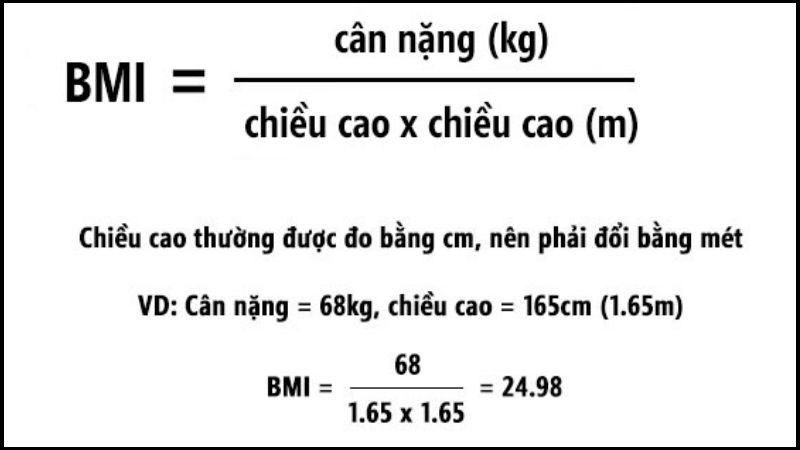
How to calculate BMI
For Vietnamese people, BMI from 18.5 - 22.9: normal; BMI ≥ 23: overweight; BMI > 25: obese. We base our diet and physical activity level on BMI. For underweight people (skinny people BMI
Vietnamese people with BMI
To gain weight to reach the "should" weight, the daily diet needs to provide enough nutrients according to the body's needs. You need to eat more rice or foods containing a lot of starch such as sticky rice, vermicelli, bread and stir-fried dishes with added oil to provide energy.
To increase the amount of food every day, in addition to three main meals, you need to eat more snacks such as milk, cakes, and tubers. You should eat a box of yogurt (120ml) every day to help stimulate digestion and absorb nutrients well. Combine moderate and reasonable physical activities to help you eat well. Drink enough water (vegetable juice, fruit juice or boiled water that has been cooled).
To gain weight, people who are underweight or chronically thin/malnourished need to eat more starch, fat and increase their daily food intake. However, the increased amount should not be too much, making it difficult for the body to digest and absorb, leading to bloating, digestive disorders or a tendency towards overweight/obesity.
In addition, it is necessary to have a reasonable working regime, should not work too hard, should take time to rest comfortably and get enough sleep.
Source: https://tuoitre.vn/an-duoc-ngu-duoc-nhung-nguoi-lon-van-gay-om-suy-dinh-duong-la-sao-20240622083533833.htm













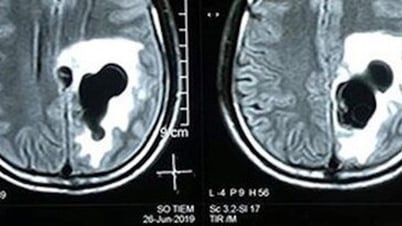

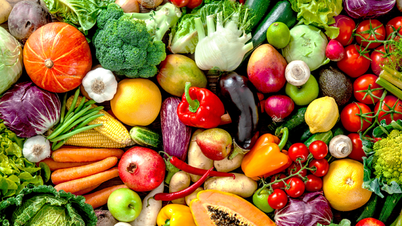
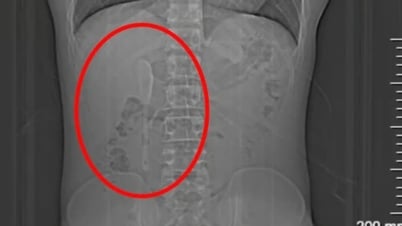


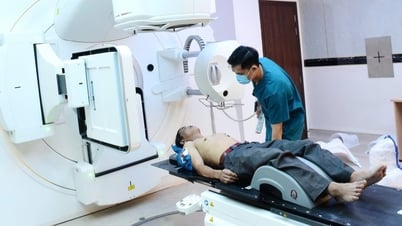






















































































Comment (0)